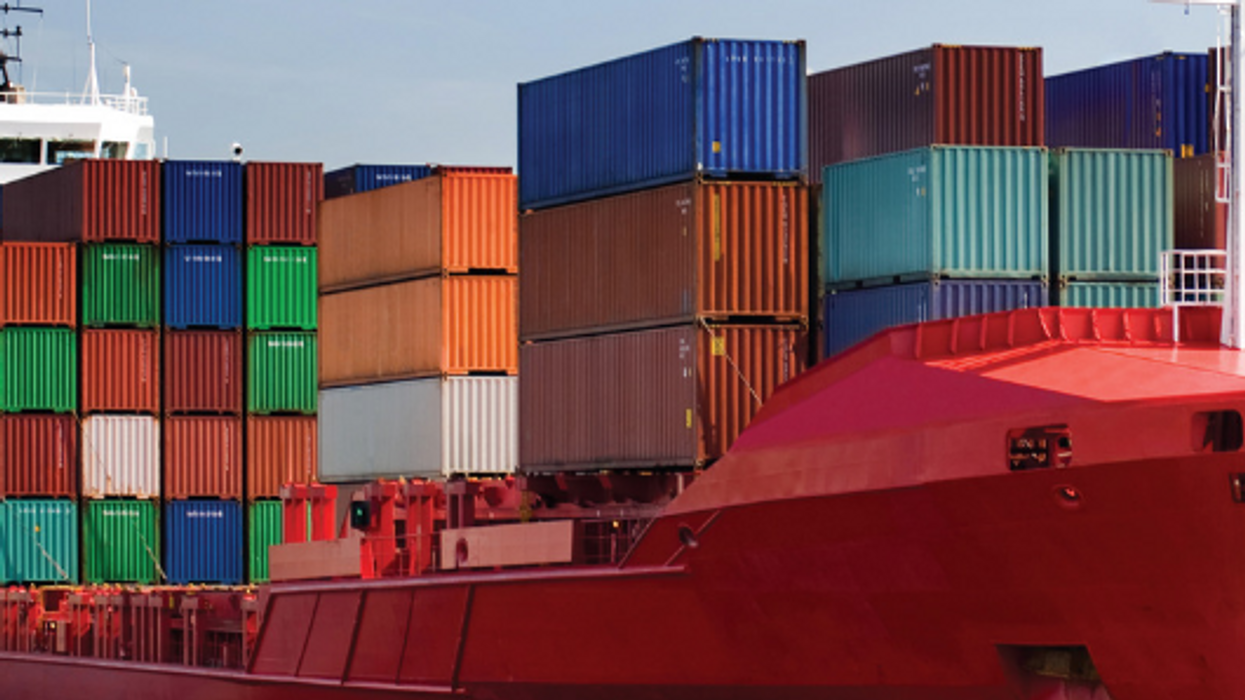A coalition of freight transport and cargo handling organizations is calling on countries to honor their existing resolutions to report the results of national container inspection programs, and for the International Maritime Organization (IMO) to publish those results.
Those two steps would help improve safety in the carriage of goods by sea, according to the Cargo Integrity Group (CIG), which is a is a partnership of industry associations seeking to raise awareness and greater uptake of the IMO/ILO/UNECE Code of Practice for Packing of Cargo Transport Units (2014) – often referred to as CTU Code.
The initiative is supported by the International Cargo Handling Coordination Association (ICHCA), Bureau International des Containers (BIC), Container Owners Association (COA), International Federation of Freight Forwarders Associations (FIATA), Global Shippers’ Forum, TT Club, and World Shipping Council (WSC).
According to the Cargo Integrity Group, member governments of the IMO adopted resolutions more than 20 years ago agreeing to conduct routine inspections of freight containers and the cargoes packed in them. But less than 5% of 167 national administrations covered by the agreement are regularly submitting the results of their inspections to IMO in publicly available form.
The low numbers of reports means that insufficient data is available for IMO or industry to draw reliable conclusions, fundamentally undermining their efforts to improve the safety and sustainability of shipments by sea, CIG said.
Meanwhile, the dangers posed by poorly packed, mis-handled, or mis-declared containerized shipments has been demonstrated again recently in a series of fires and explosions aboard container ships. Whilst the precise circumstances of those incidents remain under investigation, the Cargo Integrity Group says it is concerned that measures already in place to help identify possible weaknesses are not being fully implemented and that opportunities for improving compliance standards are being missed.
















